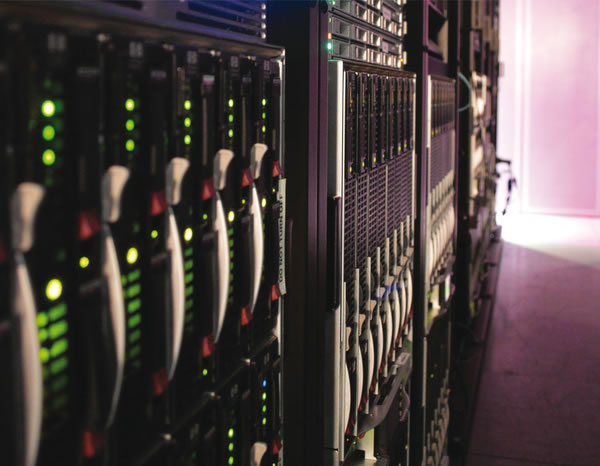Biology: the big challenges of big data
- 2766

Biology: the big challenges of big data
As they grapple with increasingly large data sets, biologists and computer scientists uncork new bottlenecks.
Biologists are joining the big-data club. With the advent of high- throughput genomics, life scientists are starting to grapple with massive data sets, encountering challenges with handling, processing and moving information that were once the domain of astronomers and high-energy physicists1. With every passing year, they turn more often to big data to probe everything from the regulation of genes and the evolution of genomes to why coastal algae bloom, what microbes dwell where in human body cavities and how the genetic make-up of different cancers influences how cancer patients fare2. The European Bioinformatics Institute (EBI) in Hinxton, UK, part of the European Molecular Biology Laboratory and one of the world's largest biology-data repositories, currently stores 20 petabytes (1 petabyte is 1015 bytes) of data and back-ups about genes, proteins and small molecules. Genomic data account for 2 petabytes of that, a number that more than doubles every year (see 'Data explosion').

